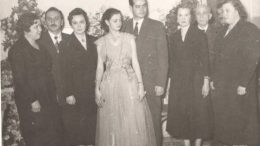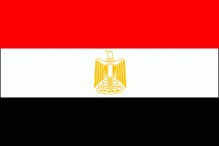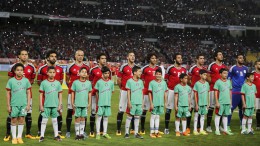Tag: Egypt
-

The Aleksandrinke: Slovenians in Egypt
In a previous interview with Daily News Egypt, Slovenian ambassador to Egypt Tanja Miskova told the story of the Slovenians who migrated to Egypt in the 20th century in the face of the myriad of wars that plagued the former Yugoslavian countries at the time. To settle in Alexandria, where many of the migrants started to…
-

2016 a bright year for Egypt’s gymnasts
Egyptian female gymnasts have recently been making leaps and bounds in the competitive arena. This year, Sherine El-Zeiny won gold at the African Gymnastics Championships in the women’s individual all-around competitions. She is part of the national team. At the same tournament, the national girls’ gymnastics team won in the junior teams’ division. In the…
-

Egypt looks forward to holding Egyptian-Cypriot-Greek Summit in Cairo
President Abdel Fattah El Sisi received on Tuesday 12/4/2016 visiting Cypriot Parliament Speaker Yiannakis Omirou in the presence of Speaker of the House of Representatives Ali Abdel Aal and the Cypriot Ambassador to Egypt. Sisi welcomed the Cypriot legislator and highlighted the depth of relations binding the two countries, said presidential spokesman Alaa Yousef, adding…
-

Egypt’s route to the African Cup can take them to the World Cup
As sporting images go, the sight of 40,000 fans packed into the 16,000 capacity Ahmadu Bello Stadium in Kaduna to watch Egypt take on Nigeria was spectacular. Terrifying, yet spectacular. It demonstrated just how much significance is attached to Africa Cup of Nations qualification. Somehow a major disaster was avoided, as fans climbed on to…
